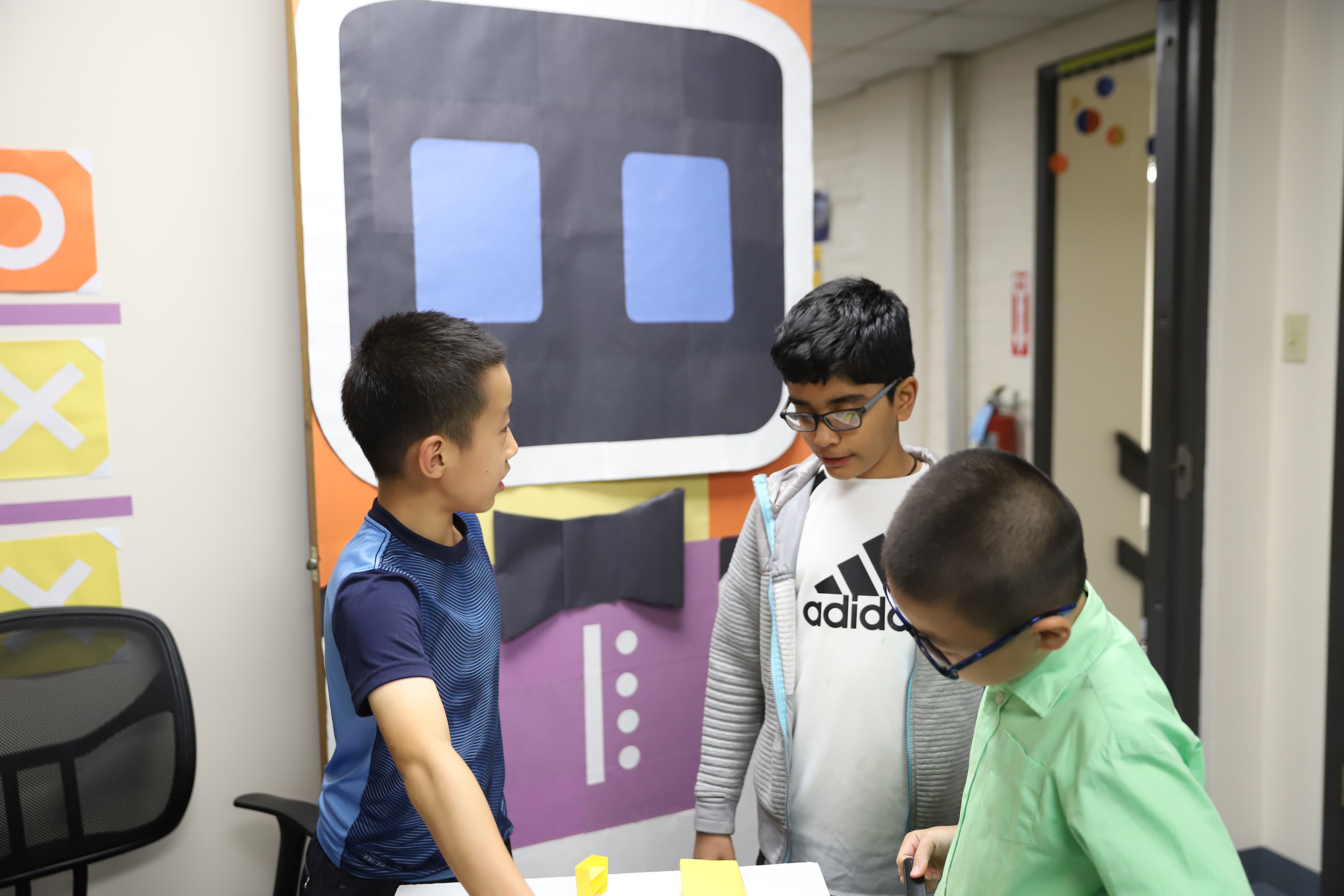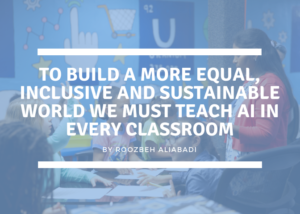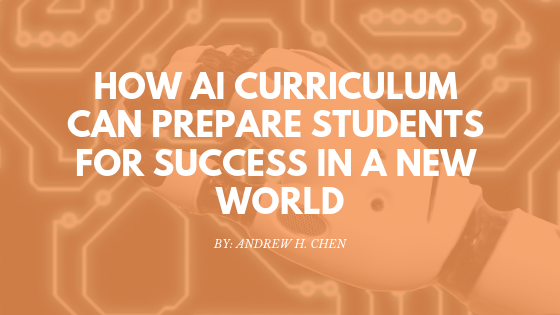Risks in an AI Era and the Common AI Myths
What are the risks?
Here are a few things we all should keep in mind as we move forward. AI will surely generate value and free us from repetitive work. But it will also have important difficulties and risks.
JOBS: It is somewhat accurate to assume that over 50% of human’s job tasks will be replaced within 15 or so years, tell that to parents that drop off their children in First grade this Here is a question we should all think about, how would we handle retraining almost one billion in the workforce? But also deal with the “loss of meaning” that can come with the loss of a job.
Are We All at Risk of Losing Your Job to AI?
AI and automation, based on current technologies and reasonable extensions, will replace 40-50% of jobs within 15 years. Here are the types of tasks and jobs that AI is poised to take over in the near future.
- Repetitive labor, especially if their tasks are done in the same or very similar locations (e.g., dishwashing, assembly line inspection, sewing)
- Fixed variants of interactions based on a script (e.g., customer service, telemarketing)
- Relatively simple classification of data, or recognizing of patterns that requires less than a minute of thinking (e.g., filing, grading homework, sorting business cards)
- Work in a very narrow field in a single company (e.g., telesales for your bank’s products, bookkeeping for the same department)
- Jobs that don’t require a lot of face-to-face interaction with people (e.g., sorter, assembler, data entry)
- Companies in many industries investment are investing heavily to develop AI/robots (e.g., autonomous vehicles, AI radiologists), although this type of replacement may take a long time to be pervasive.
Current AI technology is already well adapted to perform these jobs. Some have been deployed, and many are in testing. Part of what we do at ReadyAI is to start the dialogue with students to avoid a career that AI can do today. AndInstead of fearing AI, look at it as an opportunity to upgrade your job to a more differentiated and less routine one.
How soon will AI displace people in jobs?
- AI and automation will replace 40-50% of jobs within 15 years. But the actual job displacement could take longer due to corporate choices, labor union influences, and government policies.
- This displacement will take place in a number of ways:
-
-
-
- Direct one-for-one replacement – One AI instantiation for one person.
- Workforce reduction due to reduced total workload – AI may do part of a job, but a human is still needed for the remaining parts of the job. However, larger corporations are likely to reduce the overall employment, roughly proportional to what percentage of the job AI can do.
- A new model completely disrupting the company or even industry – Just like typists were not replaced by “typing robots” but by computers, a new AI application (imagine a future where loans are given from an app, then bank loans may eventually cease to exist).
-
-
-
- We think many job displacement research studies are too conservative. Here is why:
-
-
-
- Most studies consider only one-for-one replacements, but I think a significant number will happen with new workloads for pools and new models that disrupt industries.
- Many studies are based on past technological breakthroughs, such as electricity or the personal computer. But AI is moving much faster than other technologies. Also, today there is a much large entrepreneurial eco-system, with entrepreneurs, VCs, and capital at historical numbers in AI and related industries.
- AI progress will be pushed forward by both the US and China. Unlike previous technical revolutions that were only driven by one country – the US.
- Some studies look at near term as 2020, which is too soon. In the shorter term, there are many people jumping into the AI industry, thereby adding to employment numbers, and many of AI’s largest displacements will take longer to materialize. We may very well see AI creating jobs more than it replaces in the next few years, but it is only for the short term, and a one-time phenomenon.
-
-
-
What are the jobs that AI cannot do?
To ensure our students’ future career is not interrupted by AI displacement, we need to understand: What can AI not do today? There are jobs that may be safe (at least for now) from AI displacement. There are several main areas:
- Creativity (e.g., medical researcher, AI scientist, award-winning scriptwriter, PR expert, entrepreneur). Current AI is not good at coming up with new concepts.
- Complexity/strategy (e.g., CEO, negotiation expert, merger & acquisition expert) – jobs that combine an understanding of multiple domains and require strategic decisions. For AI, an even common sense is very difficult.
- Dexterity (e.g., oral surgeon, airplane mechanic, chiropractor). Robotics and mechanics actually advance slower than software AI. Robots are still very clumsy – watch a robot pick up a pencil and you’ll understand it’s current limitations.
- Learning new, unknown, and unstructured environments (e.g., geological survey, cleaning after conventions). Robotics work well in fixed environments (like an assembly line) but are not good with new environments (like cleaning a different home every day).
- Compassion / human touch (e.g., social worker, special ed teacher, marriage counselor) – AI does not have the kind of EQ that humans have. Nor are people willing to “trust” a machine for many tasks that require a human touch.
- SECURITY: After all, don’t forget that AI is software, and software can be hacked. For instance, if all driverless UBER cars in Pittsburgh are hacked, they could be turned into harmful weapons. We don’t want that?
- PRIVACY: This is big. I don’t have an answer for it. How to protect individual privacy and limit unnecessary commercial access?
- INEQUALITY: There is no doubt that AI will intensify the already-large wealth disparity between the haves and have-nots. How dero we close the growing gap, and offer equal opportunity to everyone?
- AI BIAS: Keep in mind that AI’s views will reflect the data from which it is trained. How do we avoid potential discrimination or unfair treatment resulted from the bias of data?
- EXPLAINABLE AI: How does AI explain its actions? This may be required when there is much at stake (human lives, health) or when there are legal and ethical issues involved as well.
- AI MONOPOLIES: We all know that AI makes strong super-powerful companies even more powerful because more usage leads to more data. Of course, more data leads to better AI – and therefore even better product, which in turn leads to a larger market share. Think about traditional monopolies that are upheld by resource or channel advantage, brand, early-mover advantage, technology, or high switching cost. AI really adds even more power to any monopoly and makes a monopoly harder to dislodge.
Common AI Myths
AI Will Change Everything, But Not in the Way You Think
AI will certainly impact us in big ways and small. But many of our perceptions are shaped by fiction, not facts. As a result, many of us have flawed notions and fears of AI. So let’s look at a few common myths together. We encourage you to discuss this with you, students, as well.




Leave A Comment
You must be logged in to post a comment.